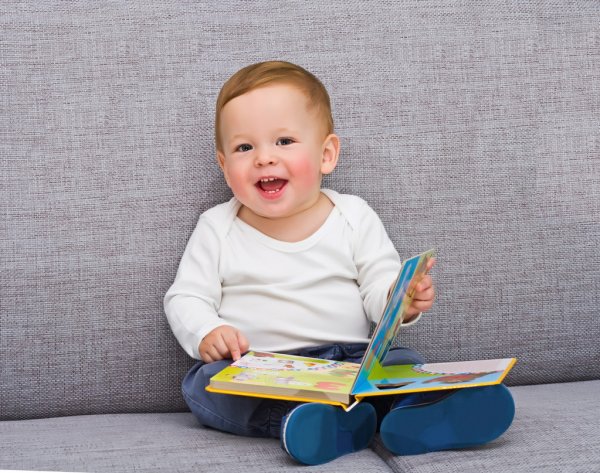
Be sure to teach your child to guess riddles!
Mystery – the oldest genre of folk art, which is found in most nationalities. Once with a riddle began acquaintance of the child with the world, it was a pass to the world of adults, an obligatory part of the rite of initiation. It was necessary to show wit, ingenuity – only such people were valuable to the tribe.
What is the benefit of guessing riddles for modern children? A riddle is a logical task, endowed with a metaphorical form. It develops thinking, imagination, speech, enriches the vocabulary, develops cognitive motivation, interest in the word. Reflecting on the riddle, the child highlights the signs of a mysterious object or phenomenon and compares them with the known, that is, answers the questions: what is the mysterious object? What does it do? Let’s take the riddle:
- Little, white.
- Jump in the woods, jump in,
- Pumpkin, pumpkin, pumpkin.
There are signs of “small”, “white” and precisely defined characteristic movement – “jump-jump” and “pump-kick”. Who can move like that? Who can you say “little”, “white” about? We’re looking for animals known to children who live in the forest. It’s important to find someone who fits all the signs.
The usefulness of solving riddles is in the process of selecting possible solutions. This activity trains the mind, teaches the sequence of reasoning, develops the ability to analyze, forms the ability to draw conclusions independently. Read more infornation on this site https://argoprep.com/blog/unscramble-words-a-wordplay-puzzle/
There are puzzles based on negative comparison:
- A little ball under the shop is a ball.
- (Mouse)
It is necessary not just to correlate the signs, but to establish the similarity on which the comparison is based. Solving such puzzles introduces the child to the multiplicity of words and the rich imagery of the Russian language, expands the idea of the possibilities of using a word in the figurative meaning. Here is one more interesting riddle:
- We stand when we go,
- And we can stand lying down.
- Even if we run away,
- We’re not moving either.
- (Clock)

Guess riddles!
Unraveling it, the child realizes, apart from the basic meaning of the word “to go” (“move”), the portable one is “the action of the mechanism”. Certainly, these meanings of the word the child could know before, but in a riddle they are perceived in comparison, cause surprise, interest to the word.
Here are some tips to help make solving riddles interesting family business.
- To guess riddles accompanied by reasoning and proof, put before the child a specific task: not just guess, but to prove that the answer is correct.
- For younger children, offer drawings of riddles as a visual support. Compare the mysterious signs and an illustration. Older children can already take the riddle by ear. Repeat the riddle several times to make it easier to remember. Asking questions, help your child highlight the riddle features, make connections between them, and understand how the riddle is constructed – on direct description, on denial, on hidden comparison.
- If the child finds it difficult to answer, help the child to build a course of reasoning with leading questions and draw conclusions. Hints deprive the child of the opportunity to reflect on the riddle itself, gradually the child will get used to the ready-made answers and lose interest in riddles.
- Puzzles about things that the child knows.
- Develop a child’s curiosity with the help of riddles.
And during the walk, direct the child’s attention, talk together. You can also get acquainted with household objects, natural phenomena.
Despite the fact that today for children offered a lot of educational programs, games, puzzle does not lose importance for the development and education of the child. Mystery can arouse curiosity, attention to the world, love of language.
Be sure to introduce a child to the riddle!